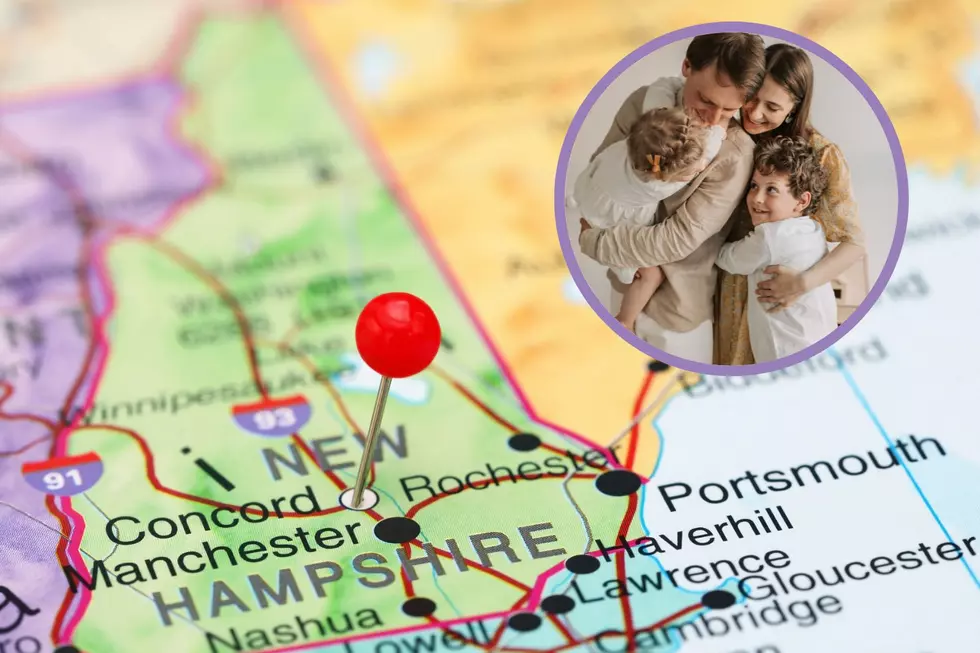
Elevated Sound Levels Detrimental to Ocean Life, UNH Research Finds
Researchers at the University of New Hampshire have determined that oceans of the future will require healthy soundscapes, and elevated sound levels since the beginning of the Industrial Revolution have the potential impact of being detrimental to the health of ocean life.
Increased shipping, fishing, and recreational crafts are examples of how human intervention has added to noise levels in the oceans, researchers say. However, according to UNH's Center for Acoustics Research and Education, there are some possible solutions for reducing ocean noise.
“What is unique about this work is that is goes beyond just pointing out and describing the societal concern of rising sound levels,” Jennifer Miksis-Olds, research professor and director of UNH’s Center for Acoustics Research and Education, said. “It identifies ocean users that have already made a positive, progressive difference in addressing the challenge and proposes action that will guide future ocean users to being sound environmental stewards.”
A global team of researchers came together for a paper that was recently published in Science, a peer-reviewed academic journal of the American Association for the Advancement of Science (AAAS). They dug deep into how anthrophony, or sounds generated by humans, can potentially have a negative effect on marine life.
“Underwater soundscapes are not an aspect of the ocean that people naturally relate to because humans are visual creatures, but sound is the dominant sensory mode for life underwater and the masking of biologically significant sounds by elevated sound levels can be detrimental to the health of ocean creatures,” said Miksis-Olds.
The paper also highlighted knowledge gained during the COVID-19 pandemic as possible evidence for the recovery of ocean soundscapes when human activity is reduced.
“The deep, dark ocean is conceived as a distant, remote ecosystem, even by marine scientists,” Carlos M. Duarte, professor of marine science at King Abdullah University of Science and Technology (KAUST) and lead author of the paper, said. “However, as I was listening, years ago, to a hydrophone recording acquired off the U.S. West Coast, I was surprised to hear the clear sound of rain falling on the surface as the dominant sound in the deep-sea ocean environment. I then realized how acoustically-connected the ocean surface, where most human noise is generated, is to the deep sea; just 1,000 m, less than 1 second apart!”
Researchers identified a number of options from regulating speed and noise in major shipping routes to reducing the emissions of chemical pollutants and green-house gases, potential solutions that they argue could have quick, beneficial impacts on marine life.
Spot a typo? Let us know.
The 100 Best Places to Live on the East Coast
More From Seacoast Current








